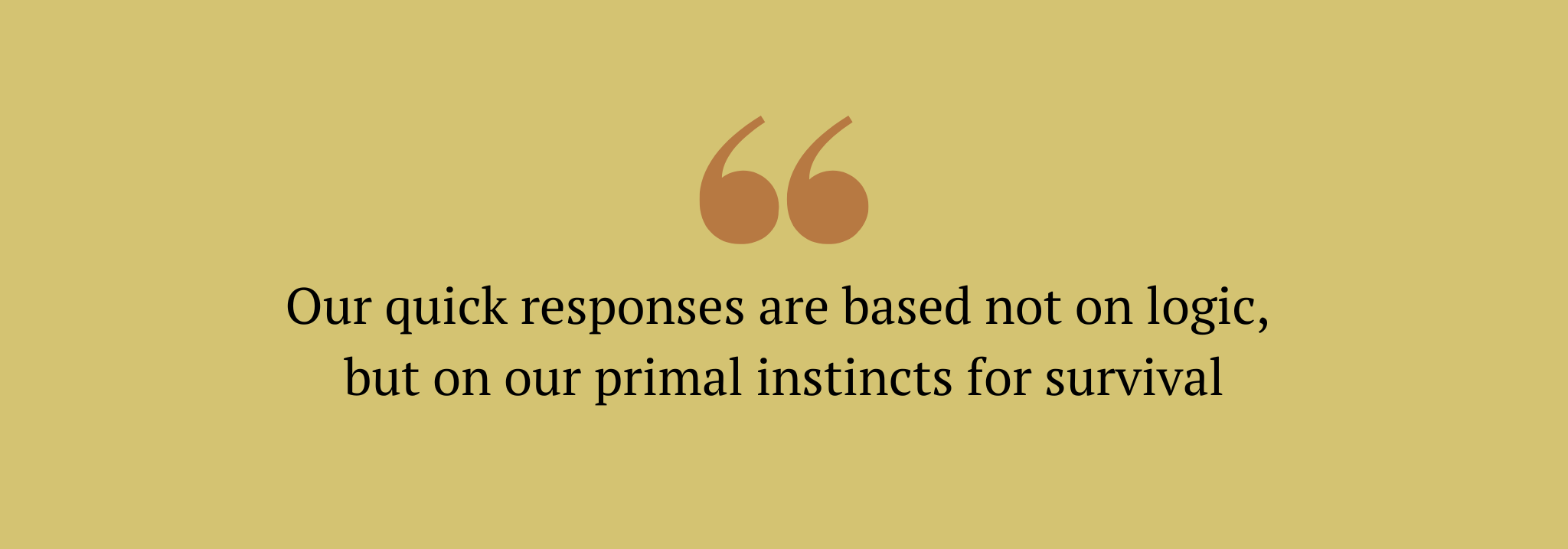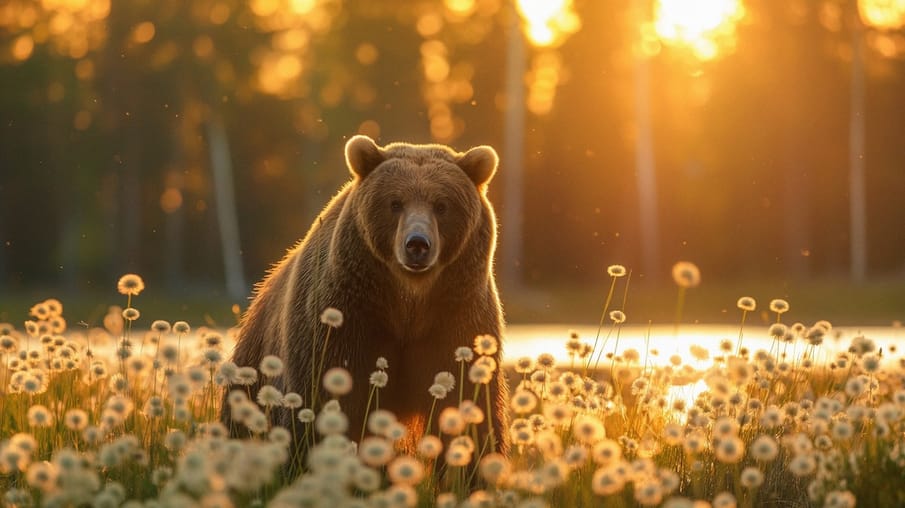What does this viral conversation tell us about society and safety?
It’s a scenario that shot to viral fame after the question asked in a TikTok video sparked global debate. The general consensus? Most women would choose the bear. In a street interview posted to the TikTok account @screenshothq, seven out of the eight women in the video said they would pick the bear as the safer option, with the video gaining more than 14 million views.
@screenshothq The question of being stuck in a forest with a man or a bear is circulating on TikTok right now and sparking some interesting conversation.... we know what our answer would be 🐻🌳 #manvsbear #tiktok #tiktoktrend #trending #challenge #streetinterview #voxpop ♬ Terror Music (Scary Song) - IMPERIUM RECORDS
The debate led to further discussion on women’s safety and the way they navigate the world. But some women who spoke about choosing the bear on social media also faced backlash and, in some cases, threats of harm. Carley Symes is a humanistic integrative counsellor who followed the debate.
“I was sad, but I wasn’t surprised,” she says, reflecting on the explosive trend. “As a woman myself, as well as a therapist who works with women, I am fully aware of the ongoing sense of vulnerability that comes up when women think of spending time alone with men, especially a stranger.
“Because this debate isn’t really a question of man or bear, it speaks to the knee-jerk reaction, the gut response, and the quick appraisal of the stranger walking towards you in the dark side of the street, whose face is hidden in shadows. This isn’t about a man who could help, an ally, someone you can see and will walk on by without much interaction, or shoot you a quick smile that reassures you. This is about the collective experiences of women at the hands of men, that have gathered over a lifetime of feeling threatened.”
As Carley sees it, the ‘man or bear’ debate is a question of are you afraid of the unknown man who shouted at you as you walked home alone, or the one who followed you in the dark, or touched you without consent? And are you afraid enough to not want to be stuck with him?
“As I have seen it explained, the debate boils down to this: A man is seen as presenting multiple risk factors, whereas a bear is seen as presenting only one; would you rather be sexually assaulted and killed, or just killed?” Carley says.
“Again, this has been a knee-jerk response that many may change if given time to sit and fully weigh the details, though many may not. But our quick responses are based not on logic, but our primal instincts for survival and to avoid pain and suffering. It seems, for many women, the more real threat is men.”
Carley points to the UN Women UK investigation published in 2021, which found that 97% of women in the UK, aged 18 to 24, had experienced sexual harassment in a public place. Plus, according to the National Police Chief’s Council, a woman is killed by a man every three days in the UK, and domestic abuse makes up 18% of all recorded crimes in England and Wales. It’s likely that the online ‘man or bear’ debate is reflective of the real-world culture and threats women face, and highlights a fundamental problem in our society. But are there any positives at all to take from the trend? Carley thinks there can be.
“Rather than respond with anger, we could get curious, and become compassionate,” she says. “Women who are picking bear over man are not saying they think men are unlovable people without the capacity for empathy, agency, and growth like everyone else – many of them are saying they just cannot risk it within the context of this question; when it comes to a stranger the risk of unpredictability feels too high.”
And it’s not just women who are impacted by the culture that surrounds the debate, men may also find it isolating and threatening, with hypermasculinity often highlighted as a component in poor mental health among men – and, of course, they can also be the victims of violence. But, as Carley explains, ‘man or bear’ can be used as an opportunity to face up to this, and to strive to make changes in behaviour that could lead to a safer environment for all.

Ultimately, though, the debate is just a snapshot of a far greater problem, and it’s worth bearing in mind that the conversation blew up online because it was relatable, but also because it was divisive.
“Everything gets condensed down within social media clips to 30 seconds,” Carley says. “This is a great example of a complex topic boiled down to a polarised question – it’s deliberately divisive to encourage views, and funnelled out through the algorithm thanks to a huge amount of angry engagement.”
However, asking yourself this question and taking a step back to think about your reaction, can still be an interesting exercise. You may agree with the general line, or have a completely different perspective, but by exploring whatever comes up with curiosity, you could unlock some self-knowledge, and an interest in making a change in the world around us.


Comments